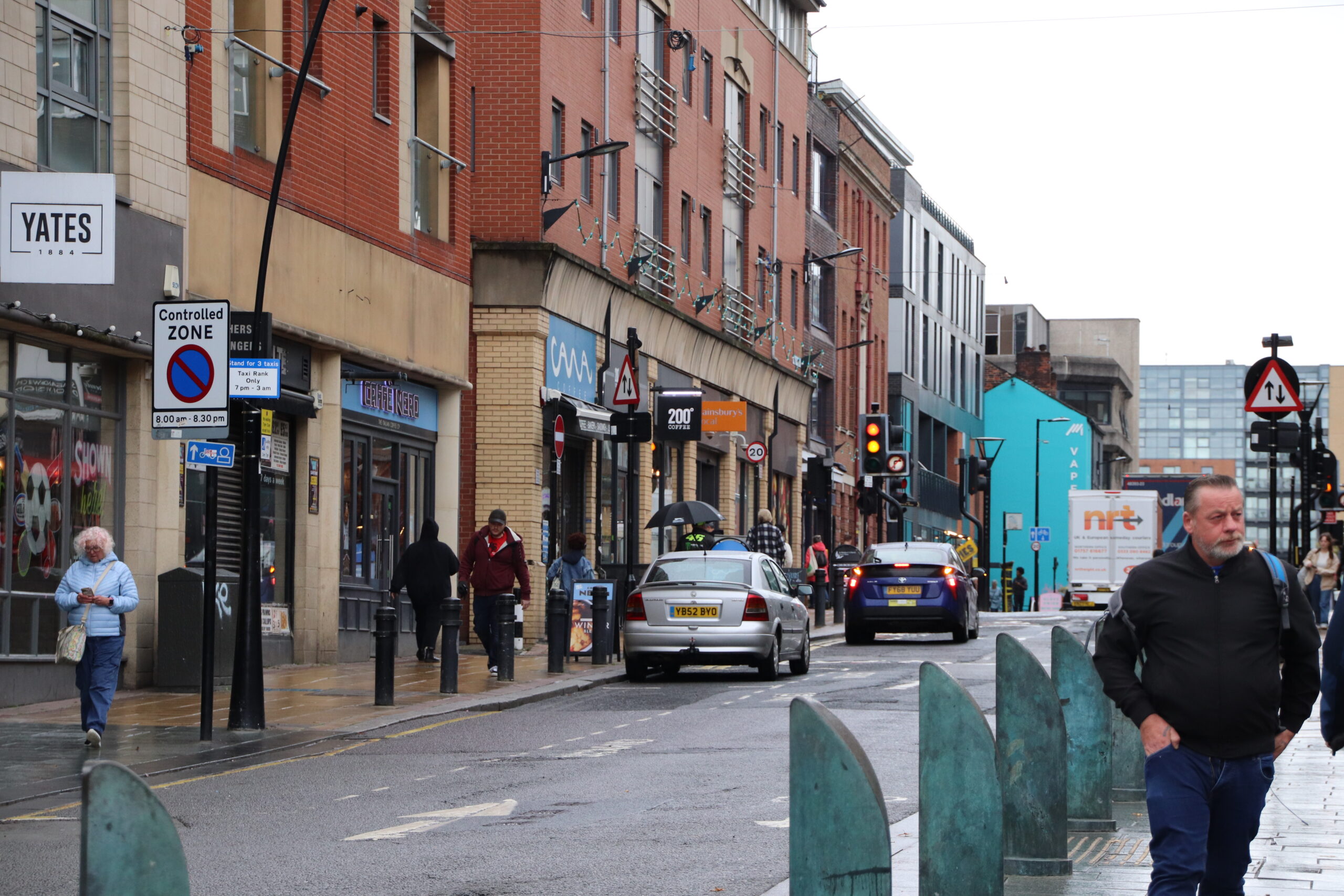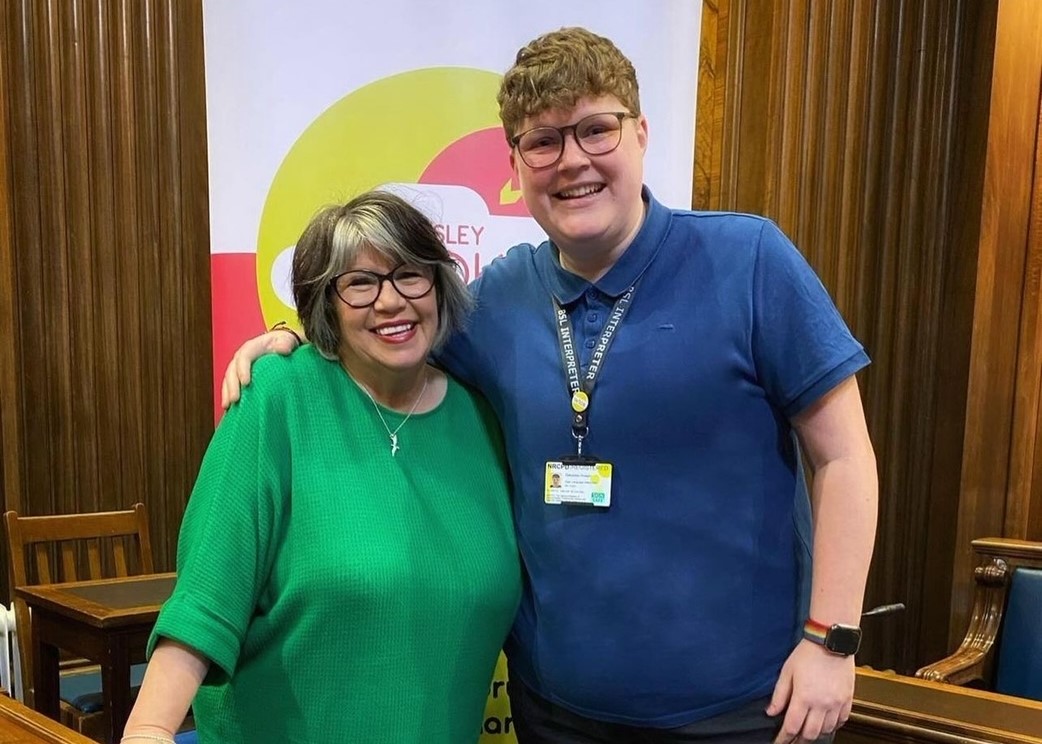The new minimum wage increase announced in Wednesday’s autumn statement will see a sharp rise in young people’s wages in Sheffield, but has been criticised for not falling in line with inflation.
Mason Oxley-Mark, a full-time worker at Sheffield Arena KFC, acknowledged the advantages of the increase which will take affect from April 2024 but questioned how much it will help those struggling due to the current cost of living crisis.
Mr Oxley-Mark, 21, said that the high price of bills is the issue he is most concerned with and the wage increase he is expecting in 2024 won’t do much to ease these worries.
He said: “Many people are currently struggling because the government is putting caps on wages but refuse to put caps on the bills.
“It is not sufficient enough to live a comfortable life without having to worry about where your next meal is going to come from, or how you’re going to sleep at night in warmth. This is because many people can’t afford it.”
The increase of the National Living Wage to £11.44 will see a rise of 12.4% for workers under the age of 23. However, official figures released in March show that food and drink inflation has reached 19.1%. Over the last two years price inflation amounts to 25% which is more than double the increase of the new minimum wage.
Lewis McMullin, 21, said that what is most important is the balance between inflation and wages as there would be no reason for the demand for wages to rise if everyday living wasn’t so expensive.
McMullin said: “While the minimum wage increase has its benefits, there are also potential negatives. You could argue that it can lead to job losses, especially for small businesses with limited resources.”
Ciara LeBeau, barista and waitress, described a more positive feeling towards the wage rise as she has worked from the age of 15. Due to her experience, she would be given heavy responsibility despite the fact that her payslip was inferior to those older than her. But the inclusion of 21 and 22-year-olds in the National Living Wage helps those who are working full-time.
LeBeau, 21, said: “I’d be trusted with the keys and the numbers for the safe on account of how long I’d been there for, but someone could just walk in who was 30 and they’re paid double the amount.
“Now young workers in their early twenties will be rewarded equally to those who are older and doing the same as them.”



